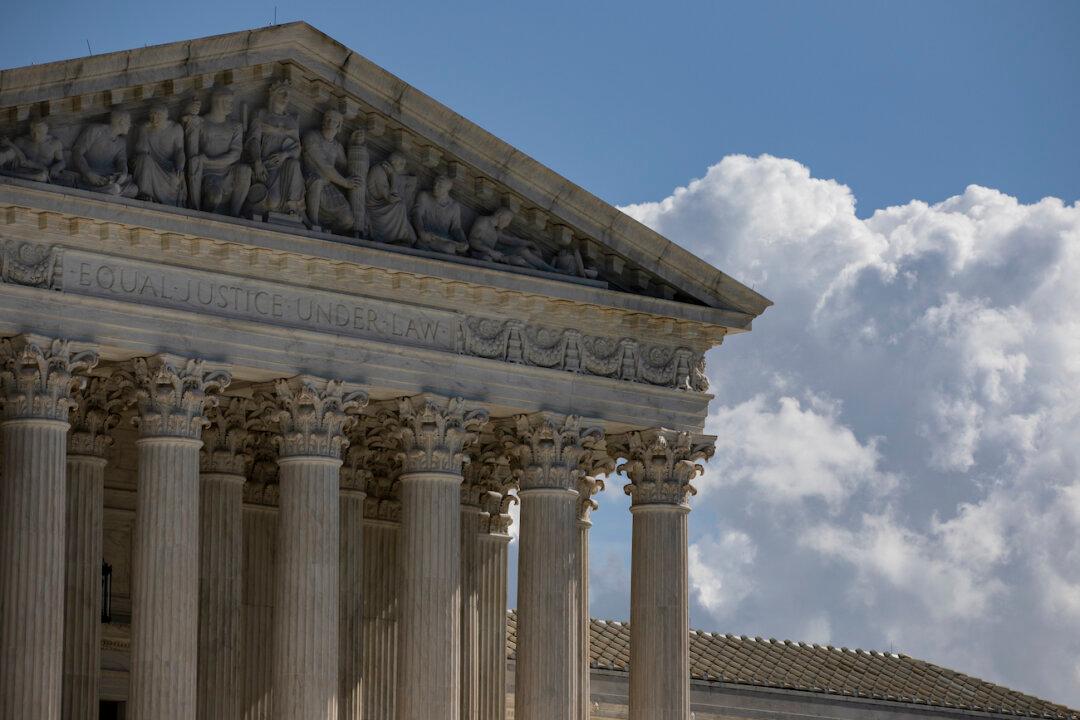The Supreme Court has agreed to consider whether the Constitution’s ban on double jeopardy bars the prosecution of a defendant in federal district court after he has been convicted in a Court of Indian Offenses.
In the case Denezpi v. U.S., Merle Denezpi first received a prison term of less than 5 months, but was later given a 360-month sentence for the same criminal act. The unsigned order, dated Oct. 18, didn’t provide reasons for the decision, consistent with Supreme Court customs.





